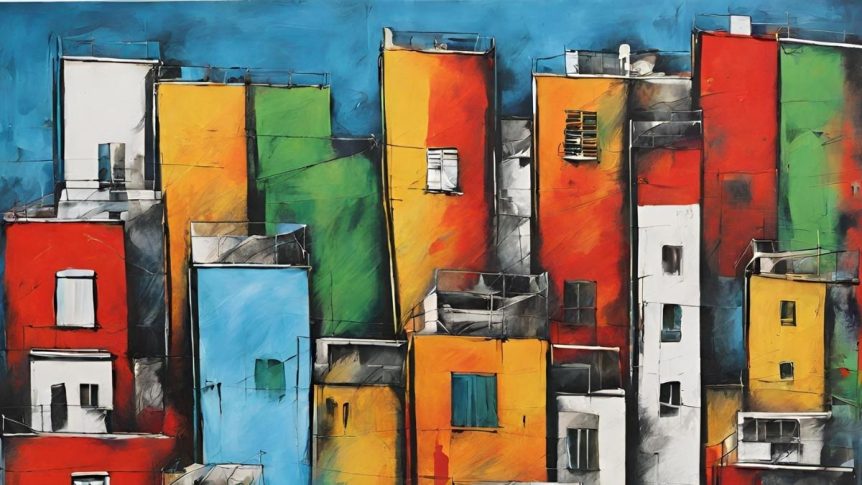Tae’thir – a new project that tackles issues of human rights and freedoms from an innovative cultural and creative perspective
The Tae’thir project, which means “influence” in Arabic, aims to promote a culture of human rights in Mediterranean countries, based on influential and innovative digital and artistic practices. The project’s beneficiaries are young artists and content creators – visual, audio, written, performance – using traditional tools or new digital platforms.
Tae’thir will set up a participatory training program aimed at interacting with public affairs issues from a cultural and creative perspective. The project also includes support for the production and dissemination of artistic creations and digital content. The focus is on the interactions between cultural, social, economic and political challenges on the one hand, and artistic and digital content on the other. The project also explores the opportunities arising from these interactions.
The project is the result of research and studies into the best ways to improve the reach of content related to culture, rights, and freedoms. The operational activities of the project will kick off in January 2024, with the aim of targeting a broad, diverse and influential audience. The project also aims to connect creators of digital and artistic content with other influential players involved in their societies, primarily concerned with raising awareness and supporting rights and freedoms.
To this end, the project will support the production of 25 artistic creations and digital content. These projects will be designed to interact with the main political, economic, social and legal challenges present on both shores of the Mediterranean.
Artists and content creators, particularly in southern Mediterranean countries, face strict artistic content censorship and numerous challenges and restrictions affecting their freedom of digital expression.
These restrictions range from repressive laws that criminalize criticism of official policies, government officials or religious figures, to those that limit creative freedom and opinion due to conflicts with societal values and traditions. In addition, security restrictions affect the public sphere and all forms of freedom of expression, imposed as much by extremist religious movements as by general security measures.
Added to this are the discriminatory practices that artists and content creators face because of their ethnicity, nationality or social origin, hindering their access to the necessary support opportunities.
In this context, the Tae’thir project, which initiated in September 2023, has developed its own vision based on the importance of bringing together content creators and artists with representatives of civil society and defenders of freedoms, notably freedom of expression and creativity, as well as involving experts in the fields of research, media and public opinion. The project aims to create an innovative approach to dealing with artistic and creative censorship and repression.
Tae’thir promotes a collective approach focused on building skills and sharing experiences, with the aim of broadening artistic perspectives, raising cultural awareness and defending the rights and freedoms of diverse communities on both sides of the Mediterranean.
The project is aimed at young artists and digital content creators (aged between 21 and 35) from various Mediterranean countries, mainly from the southern Mediterranean (70% of participants). The target countries are Algeria, Egypt, Jordan, Lebanon, Libya, Morocco, Palestine, Syria, Tunisia and Turkey, as well as Cyprus, France, Greece, Italy, Malta, Portugal and Spain.
To view more details about the program click here, and to fill out the application form click here
The project is led by Réseau Euromed France (REF), the Cairo Institute for Human Rights Studies (CIHRS), Instants vidéo numériques et poétiques and Ligue de l’enseignement des Bouches du Rhône, in partnership with Ligue des droits de l’Homme and iReMMO-Suds. The project is financially supported by the Agence française de développement.
Share this Post

